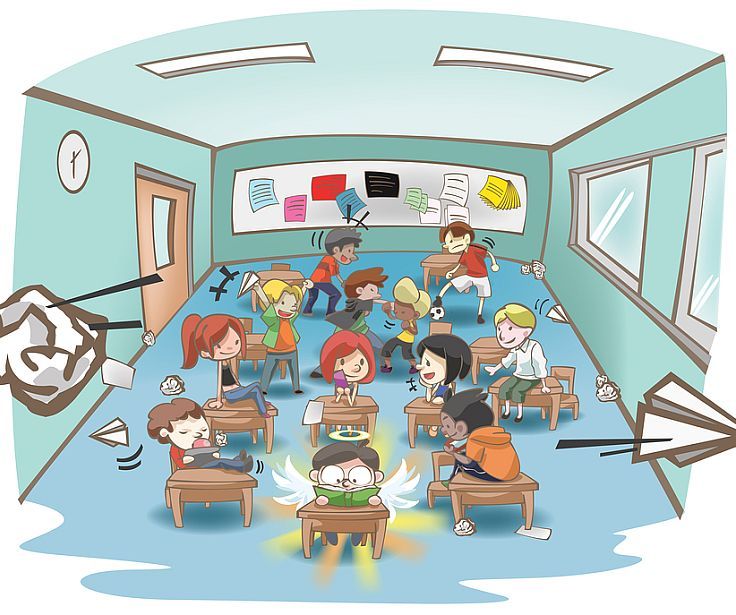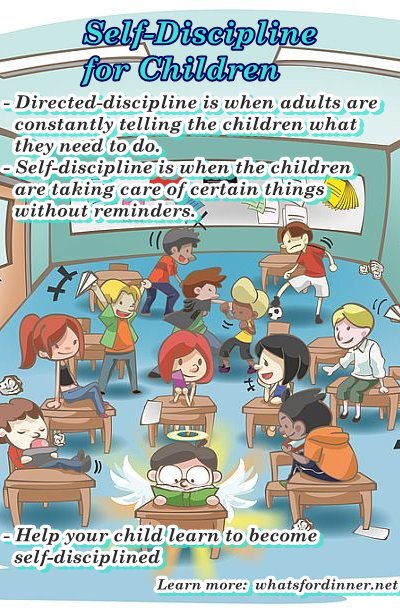
What's For Dinner?
Make dinner time, family time!
Article – Self Discipline For Children

What's For Dinner?
Make dinner time, family time!
Article – Self Discipline For Children

–by Dugan Hoffmann
Self-discipline is defined as the ability to make yourself to do what you know you should do, when you should do it, whether you feel like or not!
Share It!

Self Discipline For Children
What is self-discipline? Self-discipline is defined as the ability to make yourself to do what you know you should do, when you should do it, whether you feel like or not! Disciplined people know what has to be done and they do it. They don't put it off until later or allow themselves to be easily taken off track. And, most importantly, they prioritize and focus on being self-disciplined with activities that move them toward their goals. There's a big difference between having self-discipline with tasks that move you toward your goals and tasks that do not move you towards your goals at all. It's usually the more challenging activities and tasks that will help you reach your goals than those of less importance. This concept is easily confused so be careful which self-discipline activities you use to work towards your goals.
When teaching children self-discipline it is important to have fun and to keep in mind that the idea is to establish routines that are followed for the entire week without deviation or distraction. We want our children to pick up after themselves, to clean their rooms without being told, to do their homework on their own, and to be responsible for their extra curricular programs. We demand a lot from our children! Let's explore how we can get our children to be more disciplined.
First explain to your child that there are two kinds of discipline, parent-discipline and self-discipline. Parent-discipline is when parents are constantly telling the children what they need to do. Self-discipline is when the children are taking care of certain things without reminders from their parents! Understanding these two concepts can point your child in the right direction!
Next, list all of your child's responsibilities, including; school, home, extra curricular, and leisure. Place these responsibilities in order of importance and have a discussion about priorities. In other words, make sure they know that homework and studying are more important than chores and should be done first. Remember that the self-disciplined person does more important goal-oriented activities first.
When your child understands what's important by the goals that were set, it will be easy to establish a comfortable routine for everyone to follow. Your routine should include all the activities on your list. The more regimented your child becomes and the more time planned for every responsibility in order of importance, the more disciplined your child will be. Just remember to stick to a fun routine so it becomes habit and your child wants (key word) to be self-disciplined.